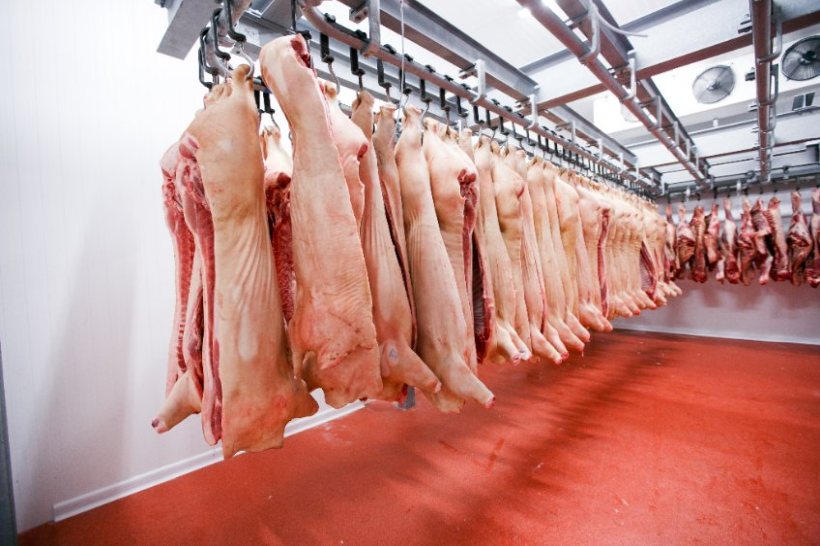
Pilgrim’s UK has announced the proposed closure of its Ashton-under-Lyne pork processing site, with the pig sector calling the move "disappointing".
Pilgrim's UK, a pork processor and producer, said the plan would leave more than 500 members of staff potentially facing redundancy.
It said the proposal was part of an ongoing "footprint review", as well as for mitigating "the current unfavourable market conditions in the UK".
Responding, the National Pig Association (NPA) said the processor's plan was "disappointing, but not surprising".
Pilgrim's UK, one of the UK's largest food businesses, had shut down its Bury St Edmunds and Coalville sites last year.
The UK pork sector continues to face the most significant challenges in its history, with the UK sow herd having contracted by around 15%.
Loss-making farmers have quit the industry due to a sustained period of high production costs and lower pig prices.
At the same time, a reliance in the UK on cheaper, lower welfare imports from the EU and post-pandemic recovery challenges within certain markets has negatively impacted UK production.
NPA chief executive Lizzie Wilson said: “With the breeding herd down 25% in two years and slaughter numbers dropping 20% year on year, this news is disappointing for everyone involved although not a surprise.
“We need to ensure that the UK maintains sufficient slaughter capacity so that as the sector recovers, it is able to expand and thrive into the future.”
Pilgrim’s UK will now enter into a period of collective consultation with site union and employee representatives.
Rachel Baldwin, vice president of human resources at Pilgrim’s UK, said the decision to propose the closure of the Ashton site had "not been taken lightly".
"A key part of our work to return to growth includes ensuring we fully optimise our operational footprint," she explained.
"The age and location of Ashton within a densely populated area means that there is no feasible opportunity to modernise or grow the site.
"As a result, these proposals are unfortunately essential to ensure a sustainable future for our team members across the UK."
